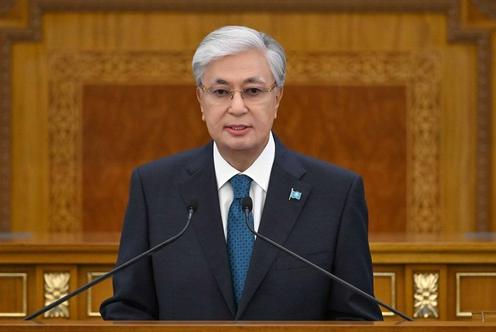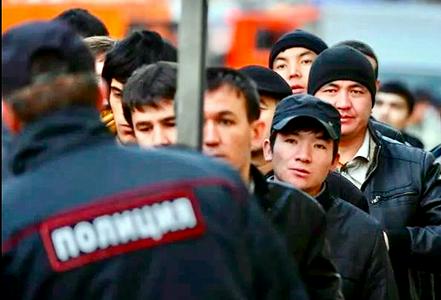Kazakh president Kassym-Jomart Tokayev said he supports U.S. President Donald Trump’s efforts to resolve the situation in Ukraine, according to the Akorda press service. Tokayev made the statement after talks with Armenian Prime Minister Nikol Pashinyan, who is in Astana on an official visit.
“In today’s difficult geopolitical environment, I support the efforts of U.S. President Donald Trump to resolve the situation in Ukraine, as well as the plan he has put forward,” the Kazakh leader said. He also noted that Astana supports efforts toward a peaceful settlement between Armenia and Azerbaijan and “is always ready to assist in moving that process forward.”
On November 21, Axios published Trump’s “plan to resolve the Ukrainian-Russian conflict,” consisting of 28 points. According to the outlet’s White House sources, these proposals were presented to both the Russian and Ukrainian sides for discussion. Under the document, Ukraine would, among other provisions, forgo NATO membership, reduce its armed forces to 600,000, and hold elections 100 days after the agreement is signed; Crimea, Luhansk, and Donetsk would be recognized as Russian territory. Russia, Ukraine, and Europe would sign a comprehensive non-aggression pact, and Kyiv would receive security guarantees.
The plan also outlines a package for Ukraine’s reconstruction. One hundred billion dollars in frozen Russian assets would be invested in U.S.-led reconstruction and investment initiatives in Ukraine, with Europe contributing another $100 billion. Remaining frozen Russian assets would be placed in a separate U.S.–Russia investment vehicle for joint projects across various sectors.
Russia would be invited back into the G8, and a phased lifting of sanctions on Moscow would be discussed and coordinated.
The document, according to sources, also states that all parties involved in the conflict would receive full amnesty for their actions and pledge not to bring any claims or pursue grievances in the future.
The plan has not yet been made public.










